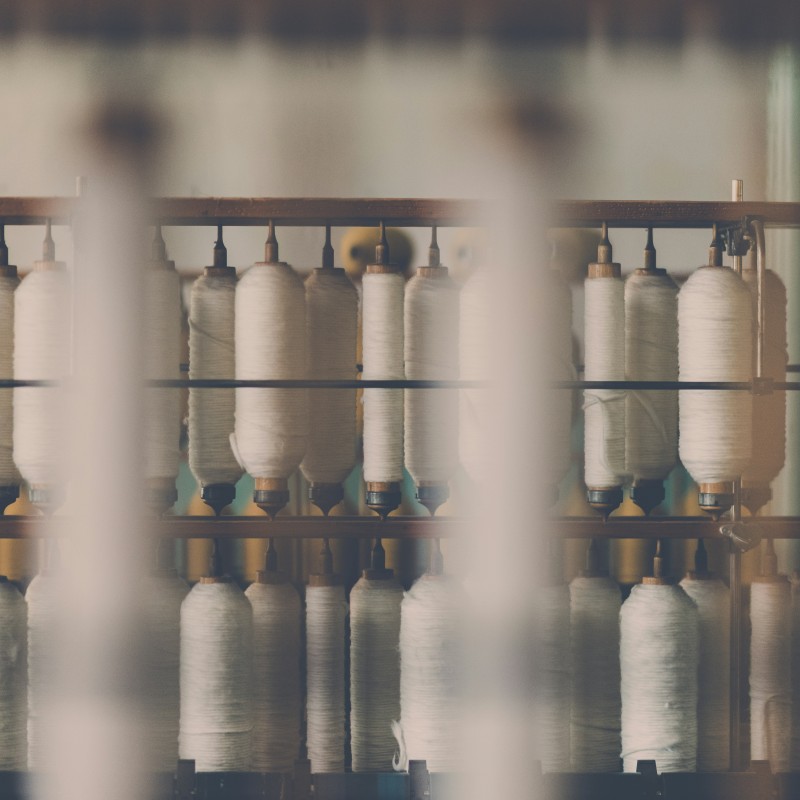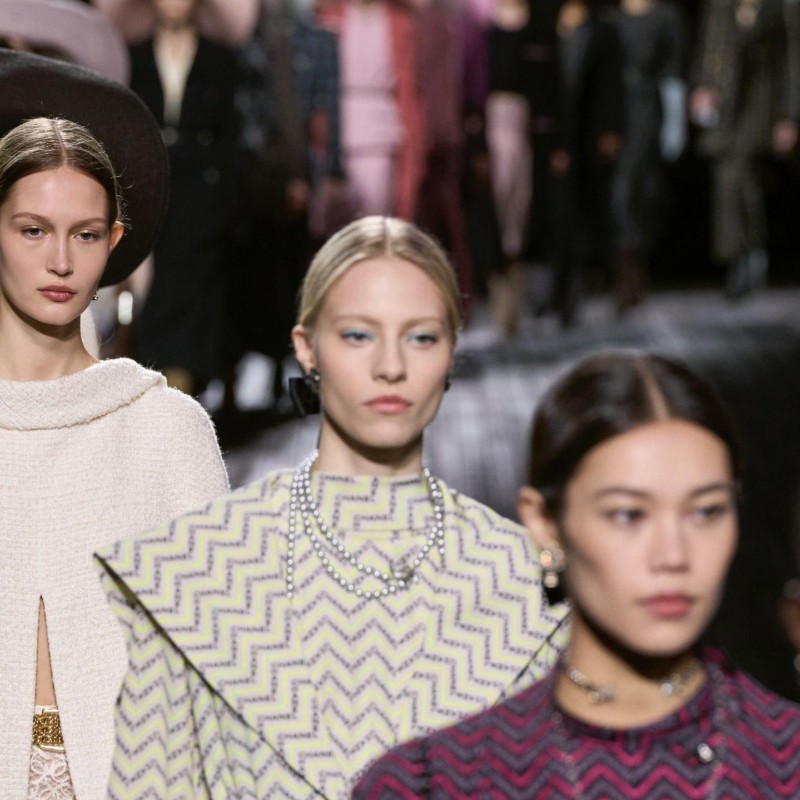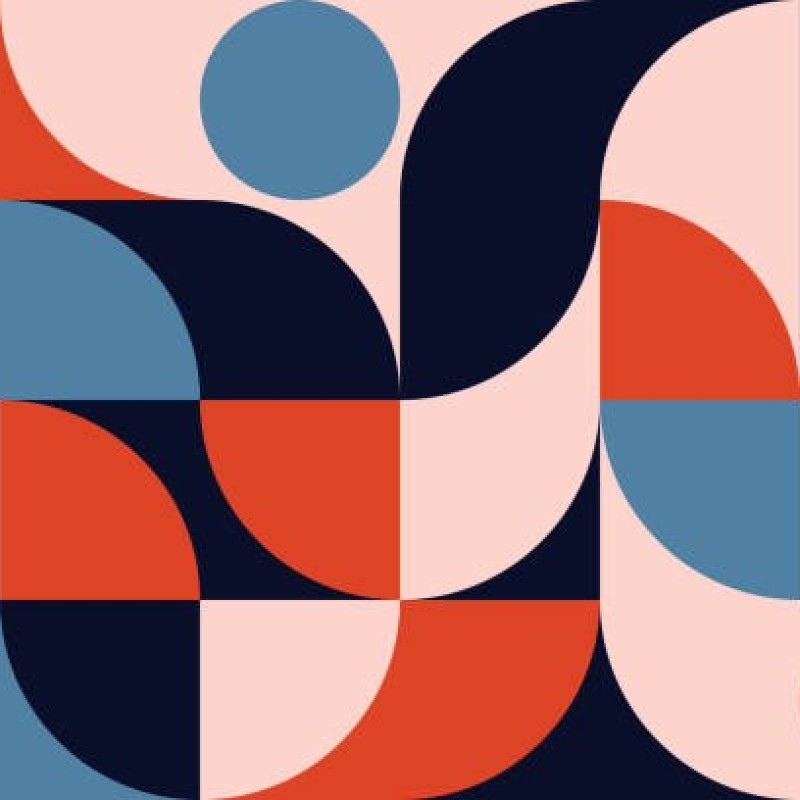More people than ever are conscious about animal rights and the negative environmental impact of animal products. Livestock significantly contributes to the global climate crisis, and it’s becoming more evident how much animals are suffering to provide products like leather and down. And this awareness is making the demand for vegan clothing skyrocket. But what is it exactly? This article explains what vegan fashion is and answers some common questions about how it works.
Vegan clothing is apparel that does not contain any animal products or involve the harming of animals. This means that the items must be made without animal fur, flesh, feathers or other parts. It also doesn’t allow using animal-based materials, such as shells, pearls and beeswax.
The most common method vegan fashion designers employ is replacing animal products with plant-based material. For example, they might use organic linen or recycled polyester instead of suede, silk or wool. However, they have to do more than just replace the fabric. They have to consider other materials, like glues, dyes, inks, buttons, hardware, brushes and so on. A lot of research goes into finding out where all these materials originate and making sure they are vegan and cruelty free.
Common materials used in vegan clothing include organic cotton, linen, hemp, bamboo and soy. Organic products come from plants grown without the use of pesticides or other synthetic chemicals, making them more environmentally friendly than their non-organic counterparts. Vegan designers might choose one material over another because each product has different traits. For example, some are easier to grow, such as cotton, and others are more durable, such as hemp.
Other interesting options include Tencel, recycled polyester and pineapple leaf fibres. Tencel, also called lyocell, is a type of rayon made from wood pulp, and this semi-synthetic, biodegradable fibre is becoming more common in vegan clothing. Recycled polyester is made from recycled plastic bottles, and it is often used in activewear and outdoor clothing. Piñatex, or pineapple leaf fibres, is a natural alternative that can replace animal-derived leather.
Just because a material is plant-based doesn’t mean it’s sustainable, but there is some overlap. Vegan clothing usually has less of a carbon footprint than animal-based products and is generally associated with ethically conscious companies. But it’s important to note that some vegan items are not necessarily eco-friendly. They might be produced with materials derived from fossil fuels or require excessive water consumption or pesticide use. Another example is plastic fashion, or clothing and accessories made from recycled plastic. Many of these products are vegan and help to reduce plastic waste, but they might also release microplastics into wastewater or prevent plastic from being recycled in better ways. Finding products that are vegan, ethically produced and sustainable is tricky, so it’s a good idea to do research on brands and production methods before investing in purchases.
The easiest way to know whether clothes are vegan is to look at the labelling. Some brands clearly label their products as vegan, and you can see phrases such as ‘vegan friendly’, ‘cruelty free’ and ‘made without animal products’.
It also helps to find out where products are made and research the materials and supply chains. This information is often available on company websites and social media pages, and you can learn more about a brand’s mission and production methods by searching these sources. Companies that provide vegan products are usually heavily orientated towards using animal-free materials and sustainable production methods. By paying close attention, you can differentiate the companies that just say they are vegan and eco-friendly and those that are truly committed and transparent.
You can also check for vegan certifications by organizations such as the Vegan Society, Vegan Action and the Vegan Awareness Foundation.
Many companies, both large and small, are participating in vegan fashion, and countless brands have vegan lines or products, even if they aren’t vegan as a whole. For example, Stella McCartney is one of the most well-known luxury brands that is largely vegan, although not entirely yet. This brand experiments with innovative, eco-friendly materials such as fur-free fur and recycled polyester and is planning to phase out silk and other non-vegan materials soon.
Canadian brand Matt & Nat, which is PETA approved, offers handbags and accessories made from vegan leather and recycled materials. For men’s fashion, a great option is Brave GentleMan, which was one of the first vegan menswear brands.
For more information about vegan fashion and sustainability in the industry, read here:
https://beyondtalentrecruitment.com/blog/circular-fashion
https://beyondtalentrecruitment.com/blog/work-in-sustainable-fashion
https://beyondtalentrecruitment.com/blog/vegan-luxury-skincare





Beyond Talent
Fashion Recruitment Agency
Specialising in Senior and Executive recruitment for the luxury fashion, lifestyle and beauty industries worldwide.
Head Office Address
20-22 Wenlock Road, London, N1 7GU
Contact Us